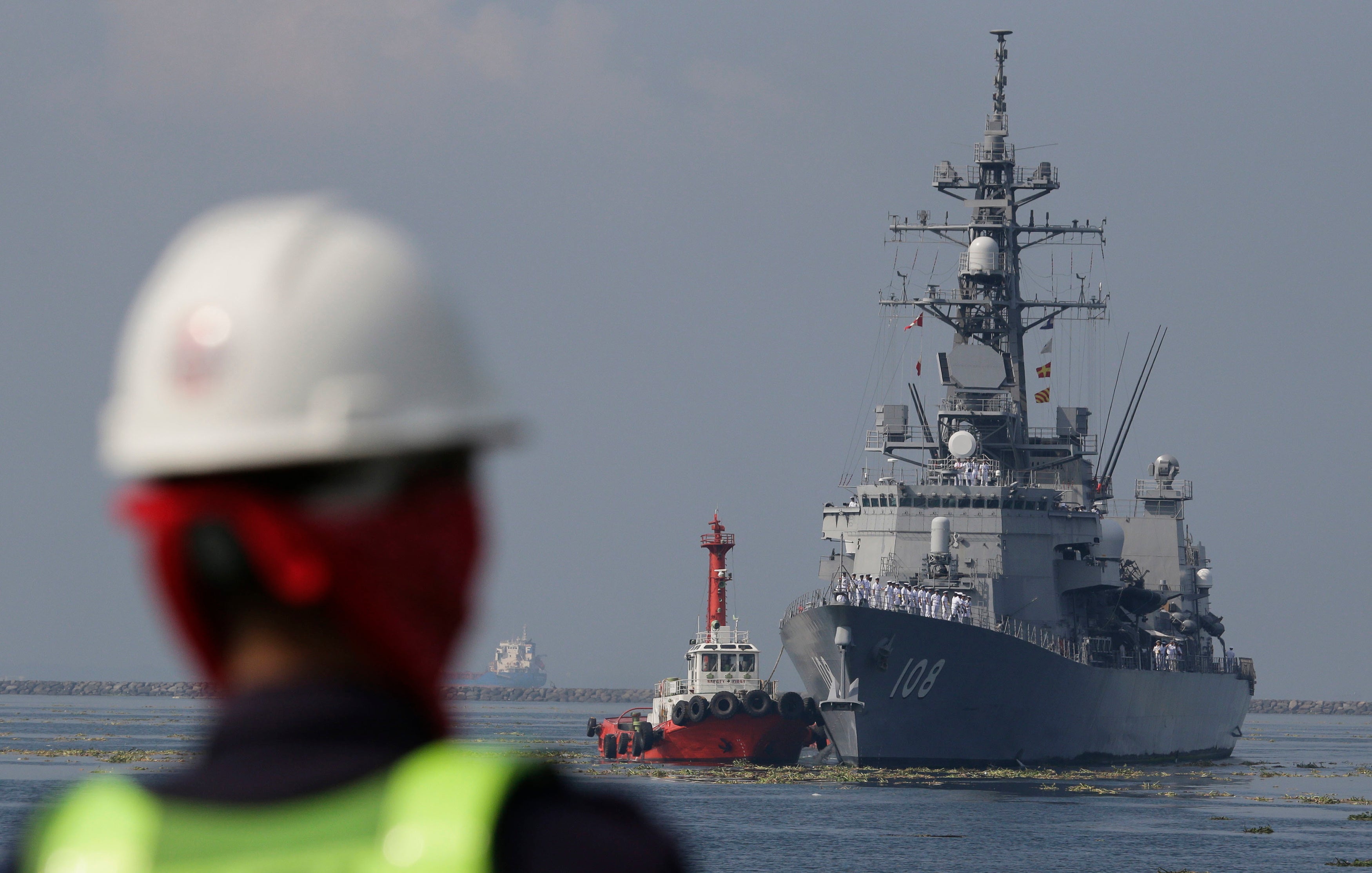US Indo-Pacific Commander 'very, very concerned' about Chinese aggression in South China Sea
The head of the U.S. Indo-Pacific Command says he is “very, very concerned” about China’s aggression toward Philippine forces near disputed islands in the South China Sea

The head of the U.S. Indo-Pacific Command said on Tuesday that he was “very, very concerned” about China’s aggression toward Philippine forces near disputed islands in the South China Sea.
The Chinese coast guard has repeatedly clashed with Philippine patrol vessels near the Philippines-occupied Second Thomas Shoal. Last month, several Filipino seamen were injured when a Chinese vessel sideswiped a smaller Philippine vessel and another two Chinese coast guard ships used high-pressure water spray to shatter the Philippine vessel’s windscreen.
Asked if the submerged reef in the Spratly Islands was the most dangerous flash point in his area of command, U.S. Adm. John Aquilino told a forum at the Lowy Institute, a Sydney-based international policy think tank: “I’m very concerned about what’s happening at the Second Thomas Shoal.”
“I’m very, very concerned about the direction it’s going,” Aquilino said. “These actions are dangerous, illegal and they are destabilizing the region.”
“What’s next and how far are they willing to go in that area?” Aquilino asked.
The United States, Japan, the Philippines and Australia held their first four-way joint exercises in Philippine waters in the South China Sea on Sunday, which they said were intended to uphold freedom of navigation and overflight in a region contested by China.
Aquilino said the joint exercise demonstrated the nations’ ability to operate safely, effectively and lawfully in the region.
“Those types of events and things are exactly what we need to do to demonstrate that strength amongst the like-minded allies and partners and that we will continue to operate anywhere that international law allows,” Aquilino said.
Bookmark popover
Removed from bookmarks